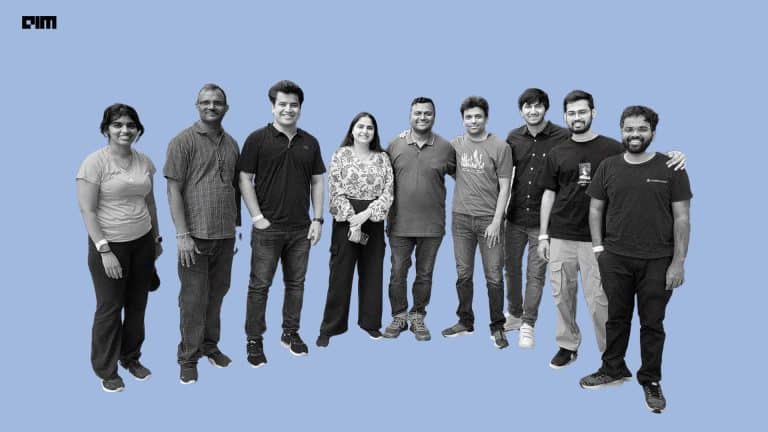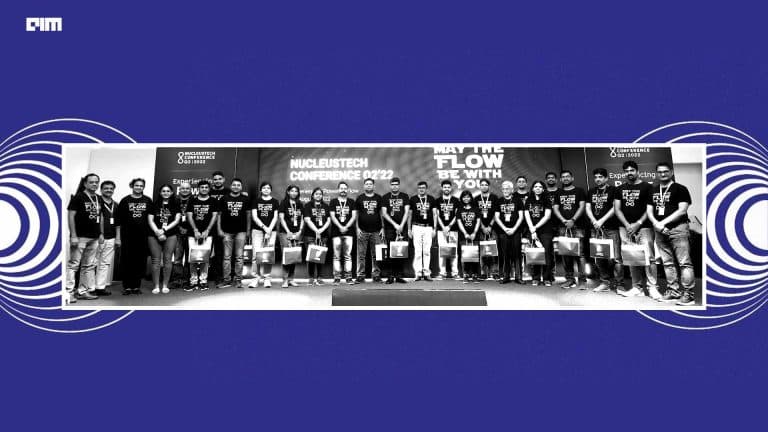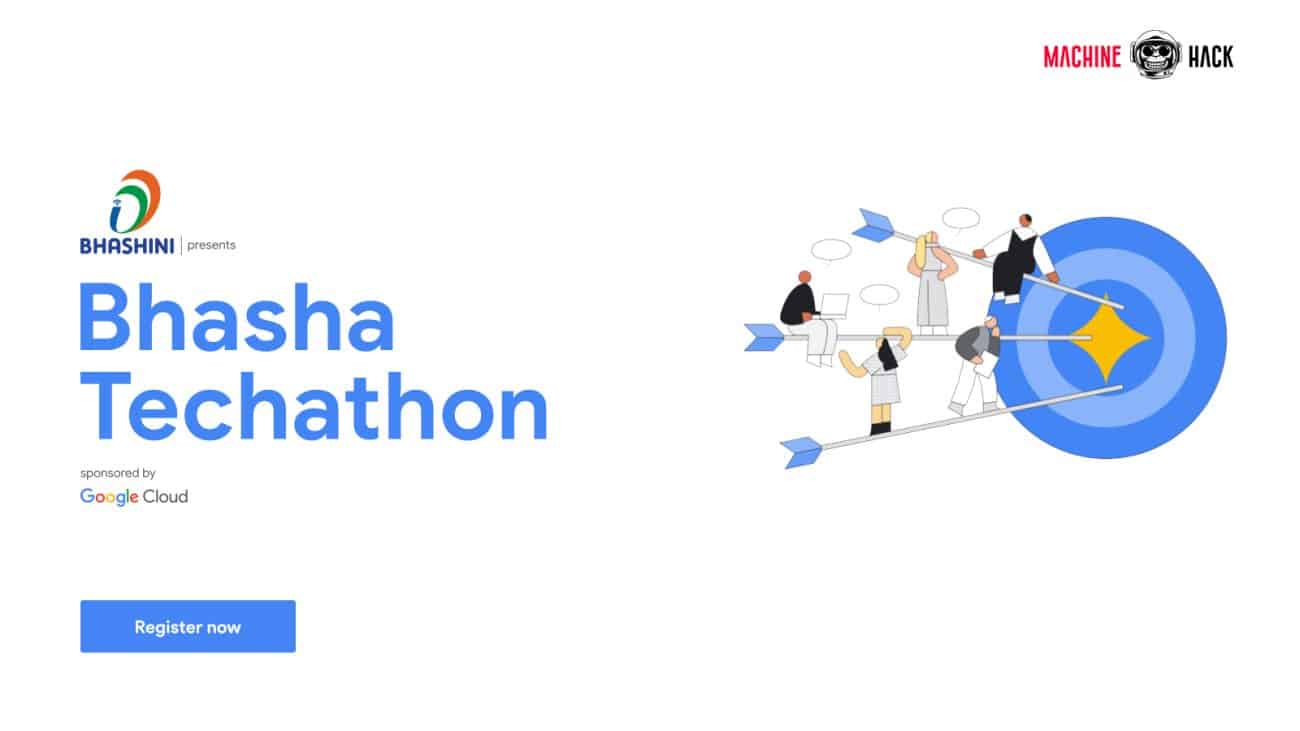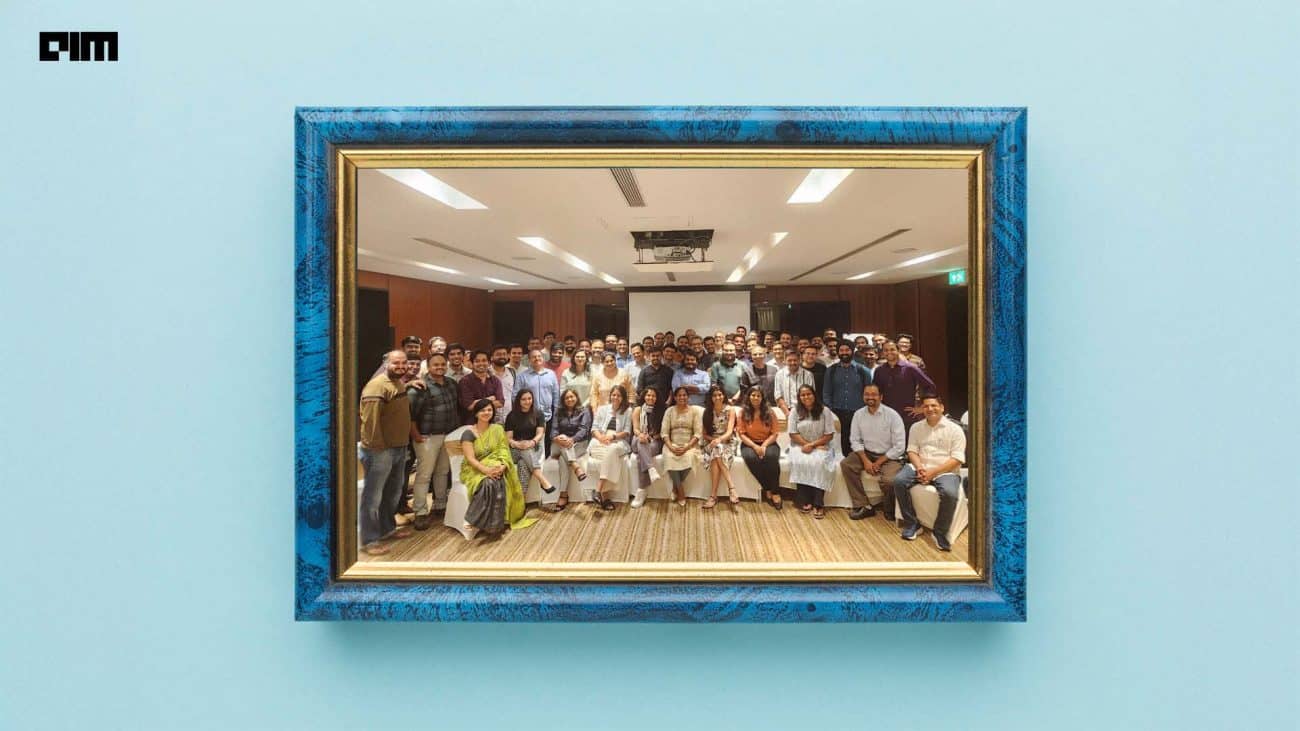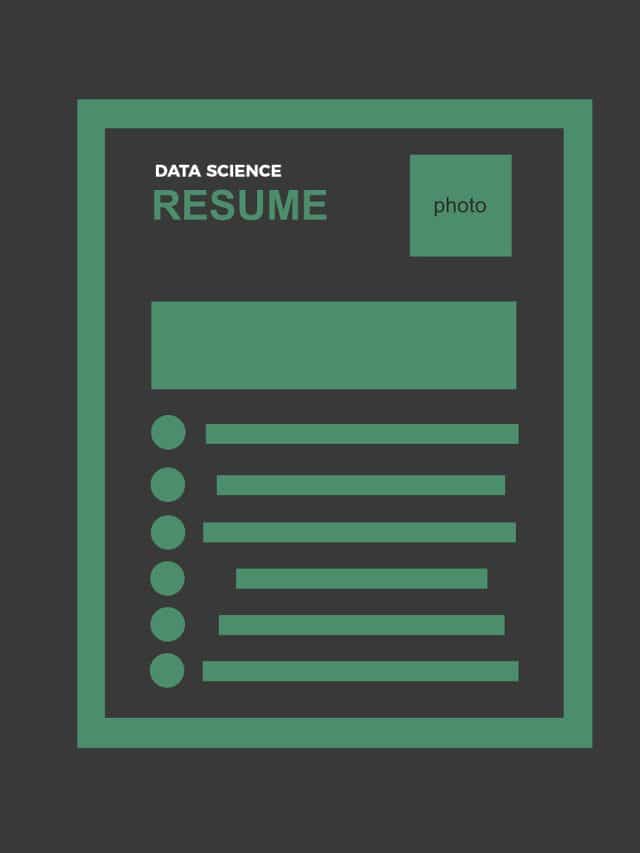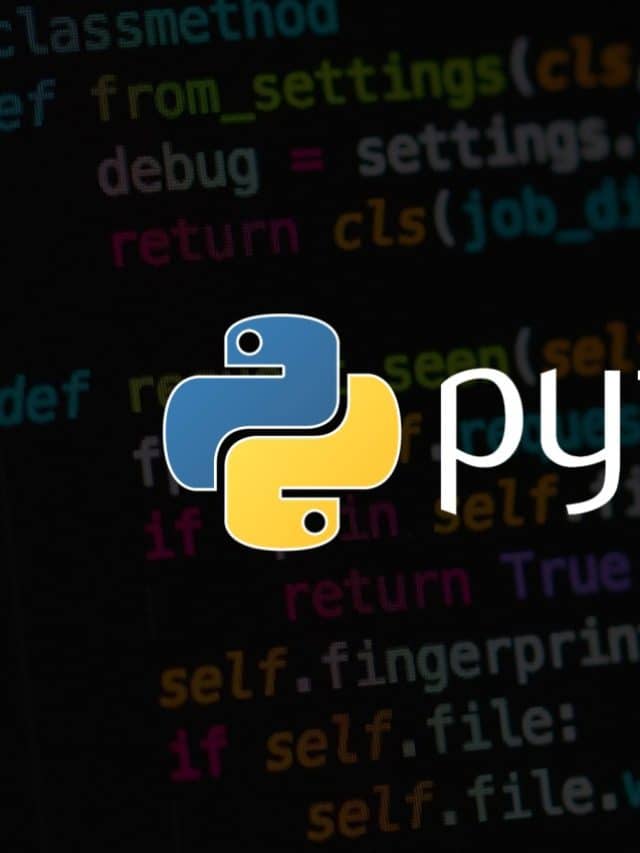While there seems to be advocates of both formal and informal education in the data science community, what does the general hiring landscape suggest?
We may be living unique lives, but there are a few common experiences that tie most of us together. While the instinctive response seems to be what the Covid-19 pandemic has left in its trail, a less grim example would be the chain of events that mark a few decades of our lives – school -> college -> job
While most of these remain unchanged, there has been a growing clamour to rethink education systems as we know it; to one, that both shields learners from the negative effects of new technologies in the workplace, as well as reskills them to prepare for new cross-functional roles that will inevitably be created as a result.
While one way of addressing this talent and labour market issue would be to enrol and improve the quality of education, upskilling in silo would be a more efficient way of achieving this without burdening the formal education system across the world.
Tied to lifelong learning, upskilling through relevant certification is increasingly becoming an accepted norm. But the field of data science is faced with a critical question – can its vast universe be merely acquired through self-study?
Hiring Trends In Data Science
While there seems to be advocates of both formal and informal education in the data science community, what does the general hiring landscape suggest?
While IT services company CSS Corp places an ‘inestimable value’ on a formal academic background, LinkedIn admittedly hires candidates based on skill sets alone, and not necessarily on their educational background.
However, that is not to say that self-taught data science aspirants should not prepare for an arduous journey ahead. Although tech-centric roles demand ingenious techniques and in-depth knowledge of relevant domains, it is often challenging to prove the same to future employers.
How can self-taught data science aspirants overcome this barrier to become successful in this field? In addition to upskilling, there are several other things that they need to focus on.
Upskill Through Relevant Certifications
Although a university degree is a great accomplishment, self-taught aspirants can rejoice as this is not enough to land a good data science job. While a degree may lay down a foundation for a career in this field – and may get one a job interview – it is not a key qualifying factor when applying for tech positions.
Even though you may be competing against applicants who have relevant degrees, you can garner a competitive advantage with upskilling using the world of resources available online. What is more, self-study also signals a candidate’s motivation to succeed.
ALSO READ: “You Don’t Necessarily Need A Resume To Get A Data Science Job”
But you need to first narrow down what you need to learn to substitute for your lack of formal training. Data science is a broad discipline and comprises a wide collection of jobs – from statisticians to machine learning (ML) experts, to business analysts to data visualization experts. Since the skills required for each vary, it is important to first narrow down the skill sets you need to acquire, and then create a plan around it.
Since companies want to know what you as a candidate can offer them, it is just as important to present these skills to show that it will provide value.
Apply Your Data Science Skills
The next step would be to apply your skills in projects that not only gives you the opportunity to practice, but also gives potential employers an idea of the breadth of your knowledge on the practical use of these skills.
Create a data science portfolio on platforms like Kaggle and GitHub – in fact, there is an emerging trend where tech companies directly scour these online portals to find the right talent. Such platforms give you the opportunity to build a portfolio of work that can help you convincingly make the case for your competence.
ALSO READ: “You Cannot Become A Data Scientist Without Mastering The Skill Of Storytelling”
While startups typically employ such non-traditional ways of hiring candidates – and it is often in these firms that a lack of degree is likely to matter less – even big tech companies have begun to explore these avenues.
Establish Work Experience, If Any
While acquiring the right skills and applying them to manufactured situations through online projects has become a prerequisite, actual corporate experience will hold you in good stead, especially in a roomful of applicants who do not come with the same experience.
You can begin by collating practical examples of how you provided business value to companies through short-term freelance gigs. Relevant experience in a corporate environment will give you bonus points in interviews, since you already demonstrated that the skills you acquired came in handy to someone else.
The extra emphasis on work experience in data science is because unlike other disciplines, it does not afford you the chance to see step by step of what is happening – it either works or it does not, and is based on the algorithm running through all the data.
ALSO READ: “A Data Scientist Cannot Grow Without Organization’s Support”
Learning this way can be challenging, unless you have the kind of data intuition that comes with experience. Without that, you also end up making a lot of mistakes that could easily have been avoided. Furthermore, processing large data sets for an actual company is a lot different from tackling constructed ones, since the former change over time as well. It also requires seamless collaboration with engineers and other departments, and a deep understanding of the business value of such an undertaking – which you can only develop over years of professional experience.
Take Help From Mentors
Although this is not a prerequisite, for the uninitiated, since data science is not an easy discipline to learn, it may be advisable to take a little help when planning your study – as well as career – around this sector.Mentors – or anyone with experience – can add a lot of value to your self-study process. They can help identify blind spots in the beginning itself and guide you to a path to a more effective learning experience.







